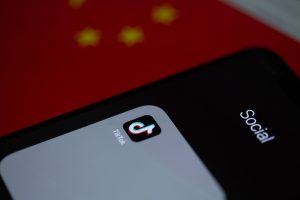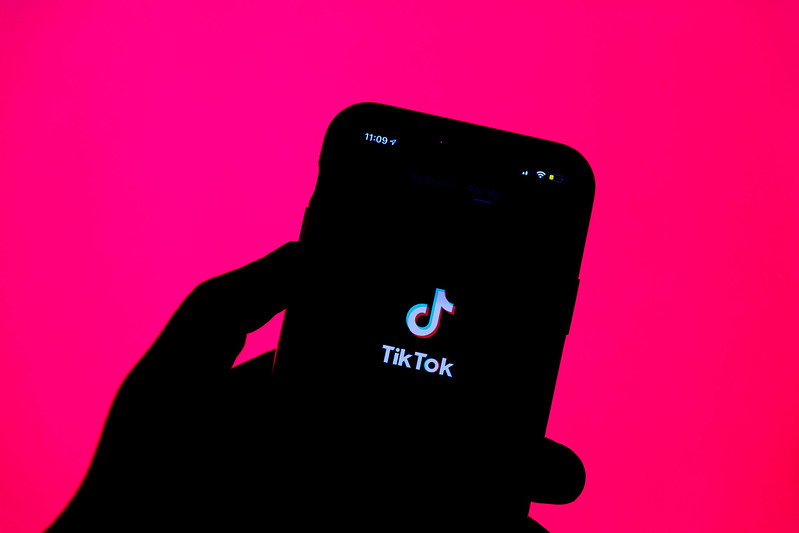The group of eight creators say that an expected nationwide ban on TikTok threatens their livelihood–and infringes upon their constitutional right to free speech.
A group of eight TikTok influencers have filed a lawsuit against the U.S. government, claiming that a proposed ban on the social media platform could infringe upon their First Amendment rights.
The complaint was filed shortly after TikTok and its parent company announced its own complaint against the government. Both claims relate to a recently-approved foreign aid package, contained within which is a slightly-altered version of the “Protecting Americans from Foreign Adversary Controlled Applications Act.”
The legislative rider provides TikTok with an ultimatum: to either divest entirely from its China-based parent company within 270 days, or to cease all operations within the United States. It permits TikTok to be sold to any business or corporation registered in a “non-foreign adversary” country.
In their lawsuit, the eight TikTok users described their social media creations as an essential “part of American life.” Each of the plaintiffs, attorneys wrote, “have found their voices, amassed significant audiences, made new friends, and encountered new and different ways of thinking—all because of TikTok’s novel way of hosting, curating, and disseminating speech.”
The plaintiffs, notes NBC News, include the following persons and personalities:
- Brian Firebaugh, a rancher in rural Texas;
- Chloe Joy Sexton, a Tennessee baker and the owner of a cookie business;
- Talia Cadet, a Washington, D.C.-based book reviewer;
- Timothy Martin, a college football coach from North Dakota;
- Kiera Spann, a North Carolina political activist;
- Paul Tran, the founder of a skin care brand;
- Topher Townsend, a Mississippi rapper; and
- Steven King, a comedian from Arizona.
If TikTok cannot divest within 270 days—an act that the company itself has described as financially and legally impossible—any subsequent ban on TikTok would “deprive [the plaintiffs], and the rest of the country, of this distinctive means of expression and communication.”

“Losing the platform would be losing not only my income but my most effective means of connecting with people around the world,” Tennessee baker Chloe Joy Sexton said in a press release. “I’m proud to be part of this lawsuit and to stand up for everyone who counts on TikTok like I do.”
The lawsuit makes an argument similar to TikTok’s own complaint against the government: that legislation against the platform is “content-based, viewpoint-based, and speaker-based,” and largely motivated by unfounded claims that TikTok disseminates Chinese propaganda while promoting “anti-American” and “anti-Israel” messaging.
The U.S. Department of Justice has since defended the ban, saying that TikTok poses a threat to national security.
“This legislation addresses critical national security concerns in a manner that is consistent with the First Amendment and other constitutional limitations,” the Justice Department said in a statement. “We look forward to defending the legislation in court.”
Sources
A Group of TikTok Creators Are Suing the U.S. to Block a Potential Ban on the App
Eight TikTok creators sue U.S. government over potential ban
TikTok content creators sue the US government over law that could ban the popular platform


Join the conversation!